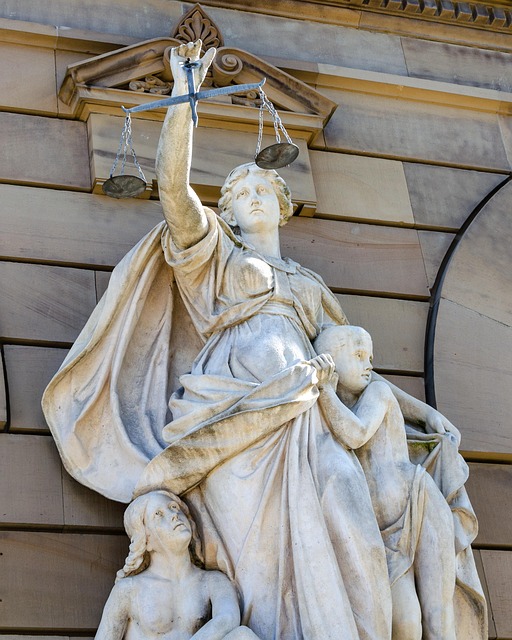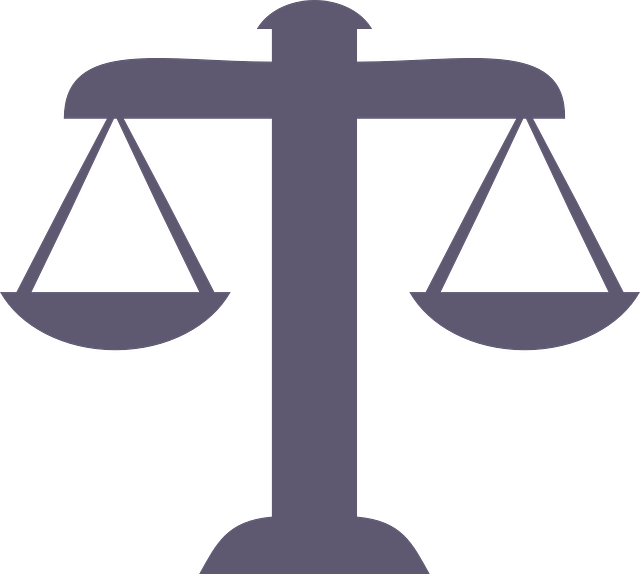Securities class actions empower investors to hold corporations accountable for misconduct through collective legal efforts, with historical instances like Enron and 2008 financial crisis lawsuits reshaping business practices. Famous cases like Green v. Du Pont and Dieselgate litigation have significantly impacted corporate responsibility and consumer rights protection, leading to stricter regulations and enhanced accountability. High-profile scandals like Enron and WorldCom exposed fraud, empowered shareholders, and led to regulatory oversight improvements, making it easier for investors to seek justice. Understanding these landmark cases is crucial for legal professionals and companies encouraged to implement stringent compliance measures.
Securities Class Actions: Uncovering the Power of Collective Legal Stand. Discover a comprehensive guide to understanding these powerful legal tools, where investors unite to challenge securities fraud and misconduct. Explore key features, benefits, and historical examples, including some of the most famous class action lawsuits that have reshaped financial landscapes. Learn from iconic cases, their impacts, and the invaluable lessons they offer in holding wrongdoers accountable.
- Understanding Securities Class Actions: A Comprehensive Overview
- Key Features and Benefits of Class Action Lawsuits in Securities Cases
- Famous Class Action Lawsuits in History: Notable Examples
- The Impact and Lessons Learned from Iconic Securities Class Actions
Understanding Securities Class Actions: A Comprehensive Overview

Securities Class Actions: Unraveling the Complexities
In the realm of finance and law, securities class actions have emerged as a powerful tool for investors to seek justice and redress against corporate wrongdoings. These legal battles involve a group of individuals or entities (a “class”) who share a common interest in suing a company or its officers for violations of federal or state securities laws. Understanding the dynamics of these cases is crucial, especially when considering famous class action lawsuits in history that have reshaped business practices and held corporate leaders accountable.
One notable example is the Enron scandal, where investors suffered significant losses due to white-collar and economic crimes. This case led to groundbreaking jury trials, resulting in substantial settlements and heightened scrutiny of corporate governance. Similarly, other high-profile lawsuits, such as those against major banks during the 2008 financial crisis, have underscored the importance of class actions in addressing systemic issues within respective businesses. These cases not only compensate affected parties but also serve as a deterrent, ensuring companies adhere to ethical standards and transparent practices.
Key Features and Benefits of Class Action Lawsuits in Securities Cases

Class action lawsuits in securities cases offer a unique legal framework that empowers investors. One of the key features is their ability to aggregate claims from numerous individuals, providing a powerful tool for holding corporations accountable for fraudulent or misleading conduct. This collective approach ensures that wronged investors can band together and share resources, enhancing their negotiating power against large entities. Historically, famous class action lawsuits like those against major banks during the financial crisis have resulted in significant recoveries, serving as an unprecedented track record of justice served.
These lawsuits not only provide economic remedies but also carry substantial legal and philosophical implications. By participating in class actions, investors can contribute to the broader goal of maintaining fair market practices and protecting the interests of the philanthropic and political communities. The collective nature of these cases often leads to reforms that transcend individual gains, fostering a culture of transparency and accountability in corporate governance.
Famous Class Action Lawsuits in History: Notable Examples

Throughout history, famous class action lawsuits have played pivotal roles in shaping corporate responsibility and protecting consumer rights. One of the most notable examples is the 1968 case of Green v. Du Pont, which led to groundbreaking changes in toxic substance regulation. This landmark lawsuit brought attention to DuPont’s reckless release of the chemical Agent Orange, paving the way for stricter environmental and safety standards.
Another significant instance is the In re Volkswagen “Dieselgate” Litigation, where a global coalition of consumers successfully sued Volkswagen for misleading advertising and selling cars equipped with emissions-cheating software. This unprecedented track record of success demonstrates the power of collective action, inspiring similar cases across various industries and fostering accountability within corporate practices, benefiting both individual plaintiffs and the philanthropic and political communities.
The Impact and Lessons Learned from Iconic Securities Class Actions

The impact of iconic securities class actions like the Enron and WorldCom scandals has been profound. These high-profile cases not only exposed rampant corporate fraud but also highlighted the power of collective action. Shareholders united to hold wrongdoers accountable, leading to significant financial recoveries and enhanced regulatory oversight. The lessons learned from these famous class action lawsuits in history have shaped the legal landscape, making it easier for investors to seek justice and compensation for losses incurred due to corporate misconduct.
Understanding these landmark cases is crucial for both plaintiffs’ attorneys and those in general criminal defense. They demonstrate the importance of thorough investigation, robust evidence, and strategic legal arguments in securing positive outcomes. Moreover, they underscore the need for companies to implement stringent compliance measures to avoid indictment and ensure fairness in jury trials. These iconic class action lawsuits serve as a reminder that accountability is paramount, and justice prevails when shareholders band together to protect their rights.
Securities class actions play a pivotal role in safeguarding investors’ rights and ensuring corporate accountability. By examining famous class action lawsuits throughout history, we gain valuable insights into their impact and the lessons they offer. These high-profile cases have not only brought about significant monetary recoveries but also contributed to enhanced regulatory frameworks and improved investor protection. Understanding both the mechanics of securities class actions and their historical context empowers investors and legal professionals alike to navigate this complex landscape effectively, fostering a fairer and more transparent financial environment.






